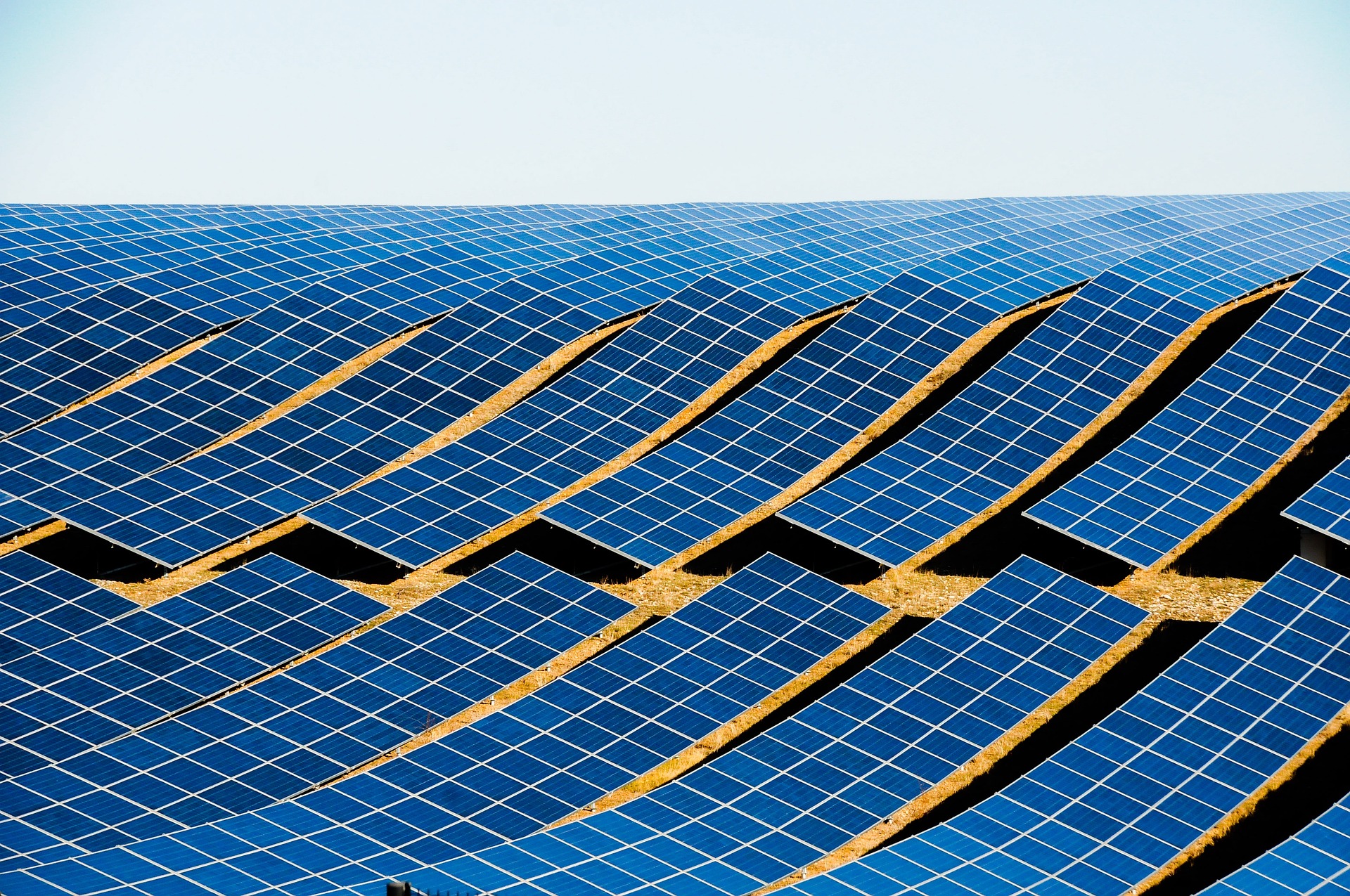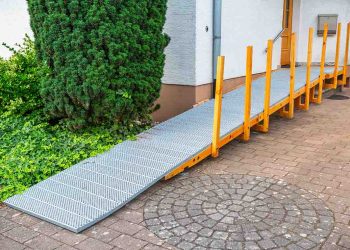Photovoltaics or photovoltaics is the direct conversion of light energy, usually from sunlight, into electrical energy by means of solar cells. The term “photo” comes from the Greek and means light, while “volt”, the unit of measurement for electrical voltage. Since this type of electricity generation does not emit CO2 or other particles, solar power is one of the cleanest types of electricity.
Solar cells produce direct current. However, because all appliances in the house and the utility grid are designed for alternating current, an inverter is required to use solar energy. This means that the electricity generated can then also be fed into the public power grid.
The nominal power of photovoltaic systems is often specified in the notation Wp(Watt Peak) or kWp and refers to the power at test conditions, which roughly correspond to the maximum solar radiation in Germany.
Photovoltaics was long regarded as the most expensive form of electricity generation using renewable energies. However, strong cost reductions of the asset components have made this statement obsolete. In 2020, the International Energy Agency held that photovoltaic systems installed on good sites and with favorable institutional conditions are now the cheapest form of electricity generation in history. This is all the more true because there are also subsidies from the state for the construction.
In addition to PV systems, there are also solar thermal systems that tap into the sun’s energy. Instead of solar panels, collectors capture the sun’s rays and convert them directly into heat.
The advantages of a PV system are greater independence from large electricity producers and a decentralized energy supply. Excess electricity generated can also be resold to the utility and then provides a source of financial revenue. Disadvantages are mainly a fluctuating performance. If you want to use your solar energy also at night, you need a storage for the generated energy.

















